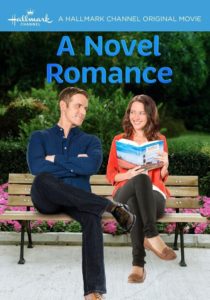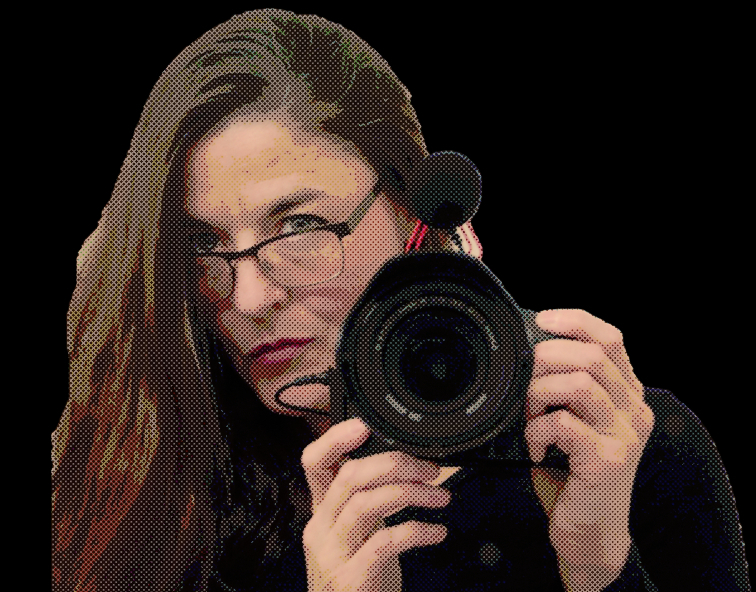
Why aren’t romance novels adapted into movies or TV shows more often? Aside from Hallmark channel movies, Fifty Shades of Grey, and the relatively recent Starz hit Outlander, a big-screen romance based on a book is a rare breed…with the notable exception of teen rom-coms on Netflix, cuz kids eat that shit up. But if romance is the biggest-selling book genre, and best-selling books are hot Hollywood commodities due to their built-in audiences, then why aren’t there more of them?
Your first instinct may be to claim sexism, but I don’t think that’s the case – at least not the main reason. Most cinematic joints have a romance element of some kind, so it doesn’t make sense to conclude Hollywood execs always shy away from “chick stuff.” I think the real deciding factor comes down to how cinematically adaptable a story is, meaning how well it follows a standard story structure.
I’ve read a lot of craft books, and though they all focus on different aspects of writing, they’re all surprisingly consistent on how a story should be generally structured for maximum effect. A story basically flows like this from start to finish: hook (happens immediately) -> inciting incident (anytime before plot point 1) -> plot point 1 (~25%) -> midpoint (50%) -> plot point 2 (75%) -> climax/denoument (90%). Some craft books break this flow into Acts, but the beats are the same. Nearly every professionally-made book or movie follows it…
…Except romance novels.
Now I’m sure this isn’t the case with all romance novels. I’ll admit I have not in fact read every romance novel, so my sample size is limited in that respect. But I’ve read enough to notice a pattern. Romance novels often break the narrative formula in favor of deep-diving into their character’s psyches or the minutiae of their relationships.
For instance, the last romance I read was supposed to be a suspense, though by Chapter 4 I still hadn’t figured out what the hook or inciting incident was supposed to be (meaning I wasn’t given a reason why I should care about the characters, other than they seemed to be decent if painfully bland people). In the one before that, an erotic contemporary, the story seemed to kick off right at plot point 1, leaving me scrambling to figure out who the characters were as they boned (and boned and boned…). And the one before that, another romantic suspense, the main mystery was established in the first thirty pages as plot point 1, and then…nothing happened. The plot did not move one inch forward for nearly 100 more pages, instead focusing on the hero and heroine making googly eyes at each other for approximately an infinite amount of time.
This is a big reason why I don’t finish many romance novels – the story structure just isn’t sound. However, I’ll admit I care a lot about plot, probably more than the average romance writer, and my stories tend to be plot-heavy with intricate storylines. I’m sure this colors my opinion. But without the plot, the characters are just kind of floating in a nebulous cloud of a world, thinking and feeling things for no particular reason other than the author wants them to.
And yet romance novels are still hugely successful despite bucking the formula. Why? I suspect it’s because readers are looking for a feeling more than a story. They want to capture the essence of love and sex and everything in between; the rest is secondary. I’ve noticed my monthly Romance Writer’s Report, published by the RWA, features lots of advice on characters (and marketing…a SHIT-TON on marketing), and very little on story structure.
Eschewing the traditional story structure doesn’t mean romance novels are “wrong;” it just means they’re not inherently cinematic. I think it’s also a big reason why romance novels get a lot of crap for being “bad.” They’re not bad, they’re just different.
It all comes down to what the audience wants – a feeling or a story.

Disagree. Maybe it is because I read mostly historical romance, but even when they get into the character their is a defect of loss, revenge, something that you know makes them unique which causes the first rift of say their hating each other then there is the turn when the so called villion is truely revealed. At least to me all historical romance follows the pride and prejudice theme in flaws and then realty.
Hi Roxanne!
I admit I had to go back and read what I wrote before, cuz it’s been a while and I forgot…But yes, you’re right that there’s definitely character progression in most romance novels, so that’s not the issue. Everybody goes through some sort of emotional growth (usually), enabling the HEA at the end. Novels can bend the rules of narrative structure more than a screenplay can – after all, aside from marketing and printing physical copies, a novel costs virtually nothing to produce. However, a screenplay costs millions of dollars to produce, which means the studios that produce them aren’t willing to buck the formula. I think the romance genre bucks the formula too much, and that’s why you don’t see too many adapted into screenplays.
If you still disagree, let me know! Which romance novels do you think have been adapted well for TV or movies? I can think of Outlander, Fifty Shades of Grey (though some would argue that series is not “real romance”)…any others?